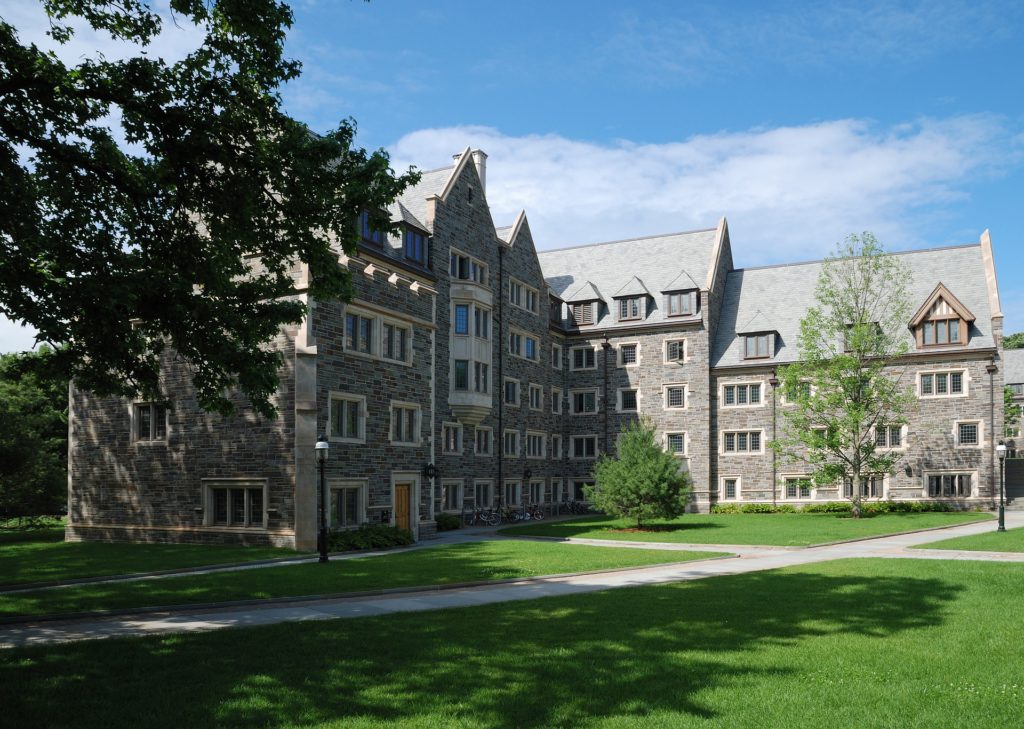At the beginning of each unit in my sociology text there is a story to introduce the concepts of the unit. The second unit began with a story about Alice Goffman, the sociology researcher who wrote the infamous On the Run: Fugitive Life in an American City. Unit eight began with the story of Melanie, a student in the South Bronx. It was intriguing enough that I Googled it to discover that it was mostly sourced from part one of a This American Life episode.
It reminded me of an incident from my mid-twenties that I may have mentioned before. It was the late nineties and I had been working contract jobs (no health insurance) for a couple of years. The last job I had had been temp to perm but right before I expected to be hired the company got bought and the whole department was outsourced. It had been a good place to work.
So, I was starting over again temping at a downtown law firm. I’d been there about a week when three other young women my age were assigned to the case. All three were law school graduates awaiting their bar results. Law office temp work can put people in strangely intimate situations. It is usually repetitive and more often than not it is done in some isolated backroom without even windows to lift the drudgery. People end up talking.
We were talking about Ally McBeal (Late 90s, remember?) and Portia de Rossi’s hair came up. The other girls were talking about whether they should cut their hair. That’s when I learned that women in business have (or had at that time) the same rules as women in military, hair should not lay on the shoulders. It needs to be bobbed short or put up. Over the next few weeks, I learned a lot of other rules. Knowledge that all three women had despite coming from vastly different backgrounds.
One was from Texas, one from Virginia, the other from France. Two were white, one was Black. But in another important way they were very much the same. All three women were, and doubtlessly still are, upper middle-class. Children of privilege. Through them I learned that I was, at best, middle-middle class and in many ways I was lower-middle class. Until I met them, it wouldn’t have occurred to me that the separations within the middle classes could be so distinct.
It wasn’t just the rules of dress or manners. I mentioned I would never buy my teenager a Mercedes and they were aghast. Of course, you should buy your kid a Mercedes if that was the standard of the community you were in. Talking about the lotto (even financially comfortable people fantasize about winning the lottery) I said that I would pay back my parents to thank them for all they had done for me. They were appalled. They literally could not understand how I could be grateful to my parents for doing what they were supposed to do.
In America when we talk about the class it usually comes back to money. We talk about the wealth gap and income inequality. And we should. Trends in income inequality are clear. The hard gap between the one percent and the rest of us is just the start. The whole top twenty percent is pulling away from the rest of society forming what is a defacto aristocracy. New York Times contributor Tom Edsall writes in “How the Other Fifth Lives”, “The self-segregation of a privileged fifth of the population is…creating a self-perpetuating class at the top, which is ever more difficult to break into.” What we still aren’t comfortable talking about are expectations.
The This American Life episode focused on an exchange program between a public school in the South Bronx and a private school three miles away. Tuition at this private school ran into the tens of thousands of dollars in an America where public schools are more segregated than when I grew up in the 80s and in which the gap between rich and poor is wider than it’s been since the Great Depression. For the South Bronx students seeing the private school is a revelation. Part one of the series focused on a South Bronx student named Melanie and her reaction.

Melanie:
“I felt like a ratchet ass girl from the hood. I felt like I didn’t belong there. I just felt like I have no business in this building. I don’t remember them. They were just like a sea of white, blond, blue-green eyes. I couldn’t possibly bring myself into my body to actually engage with these kids. I didn’t want to engage with them.
This was what I envisioned as high school, what these kids are experiencing. This is what I wanted to see myself going to as a high school experience.”https://www.thisamericanlife.org/550/three-miles
She continues,
“Yep. And it was just like, OK, this is private. So, this is– everything kind of is a fucking lie that you see your whole life growing up on TV shows or movies. It’s like, OK, this is not free. This is not available for kids of color. This is something that only privileged or the elite can have.
I know I looked at it and I said, well, I know that we’re only being taught to flip burgers in Burger King or McDonald’s or to hold doors for students like them that will probably live in those buildings on Madison Avenue. And we’ll be wearing the uniform servicing these people.”
I cannot imagine coming to this reality at fifteen. How isolating it most have been to understand at that age that these kids were no more deserving of this largesse than she; that a mere accident of birth was all that separated them. Perhaps the biggest struggle was, is, to see this accepted as the natural order of things in a society we are taught is a meritocracy. Raquel, another student interviewed by the host, Chana Joffe-Walt, thought, “These kids are free. This is what freedom looks like. We must not deserve to be free. And finally, I am really lucky to be seeing this.”
That last part is what separated Raquel from Melanie and the eighty plus percent of the kids with her background who manage to make it into college but do not make it out. The ability to ignore the statistics that say that she is doing the almost impossible. To be able to, if not believe that she deserves the success that she has achieved then to at least believe that one day she will feel that she does.
Sources
https://www.thisamericanlife.org/550/transcriptStaircase for success
http://mammiddleagedmama.com/self-made/
https://www.thisamericanlife.org/550/three-miles
https://www.pewresearch.org/fact-tank/2020/02/07/6-facts-about-economic-inequality-in-the-u-s/
